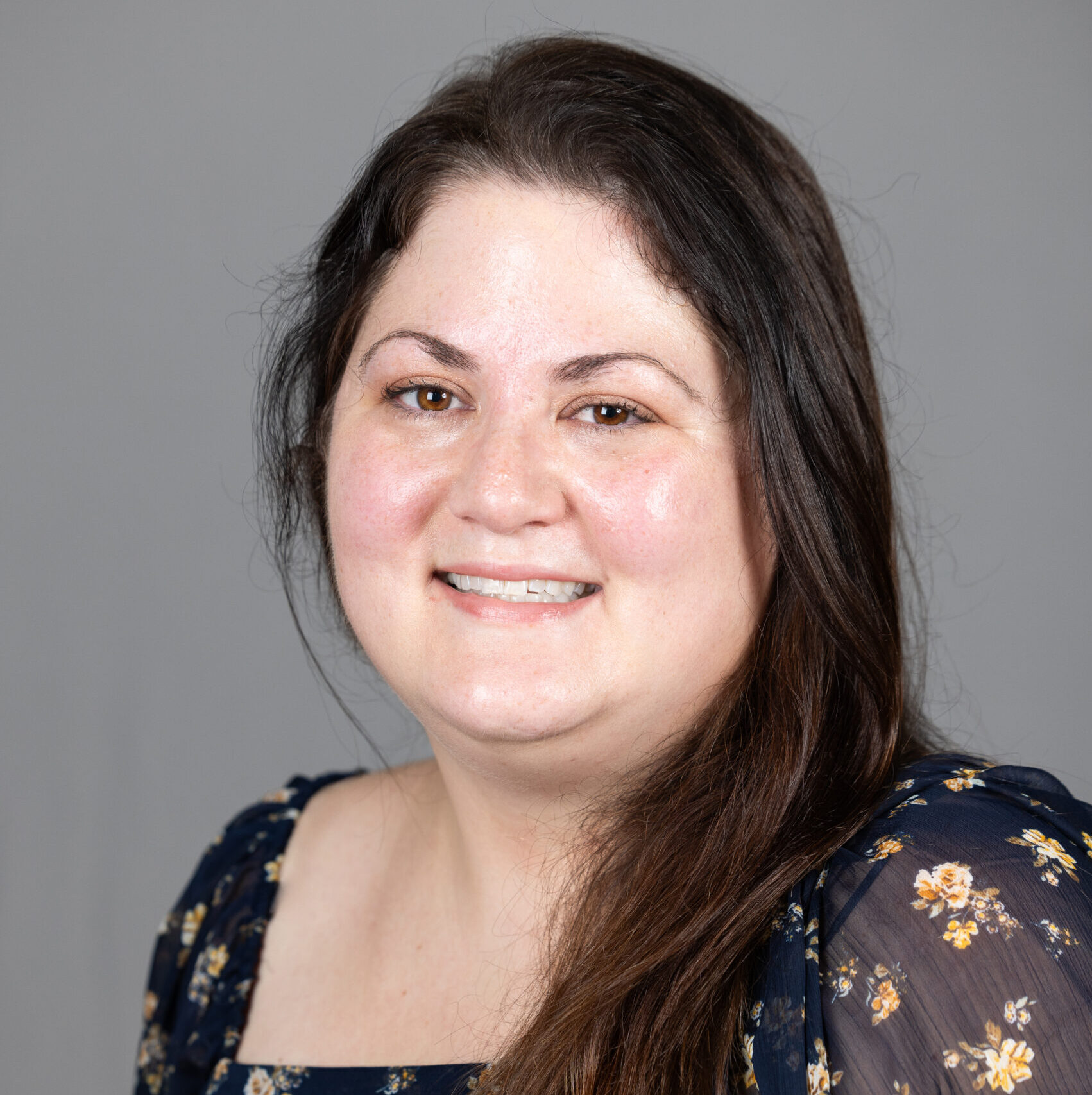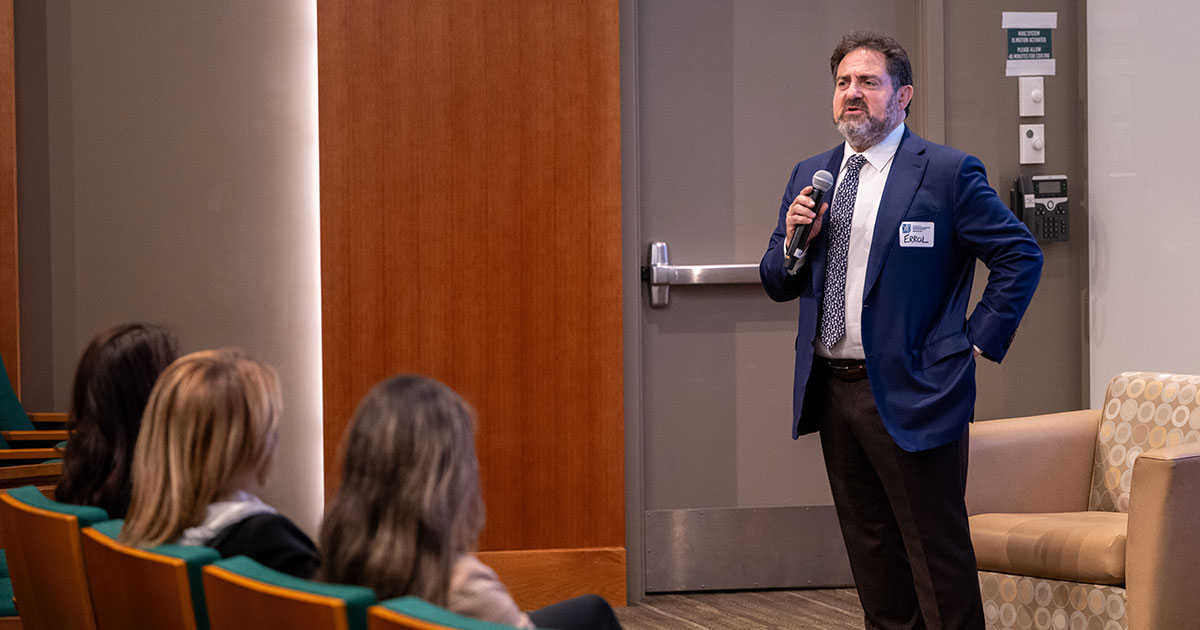New Blank Scholars Exemplify Entrepreneurial Leadership’s Promise
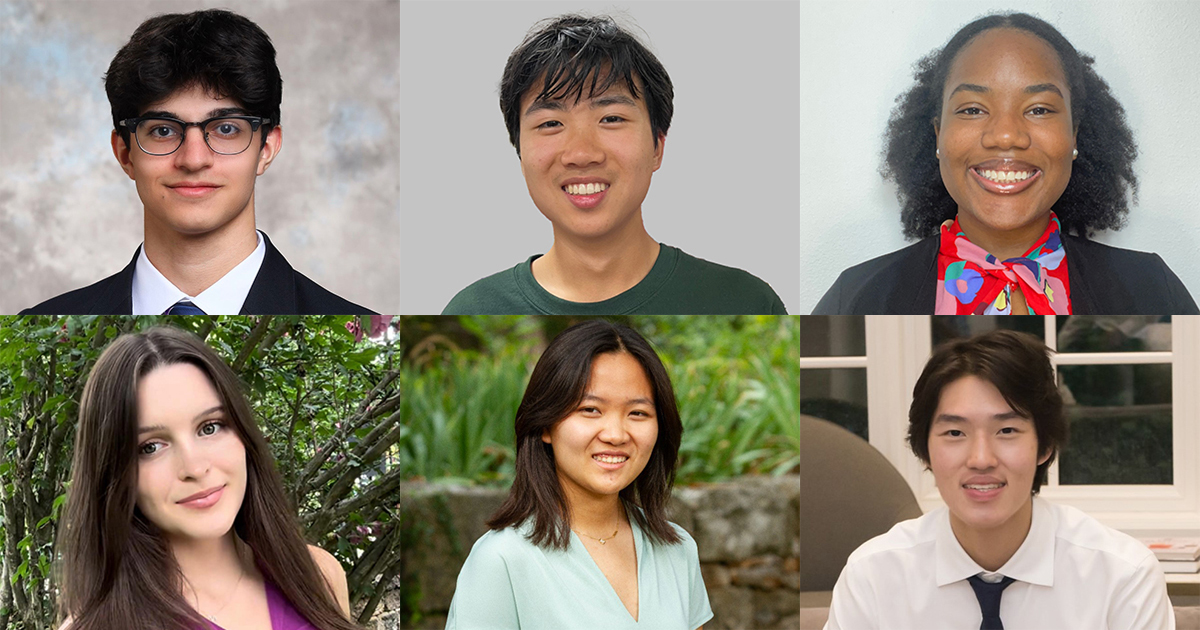
The beauty of entrepreneurial leadership is its applications are wide-ranging. You are just as likely to find its impact in the technology sphere as you would in a proposed solution to climate change.
It’s not surprising, then, that the newest cohort of Arthur M. Blank School for Entrepreneurial Leadership Scholars represents entrepreneurial leadership’s diverse applications and promise. In its fifth year, the scholarship continues to bring students to campus who have a keen eye for both the present and the future. Students who see the problems facing the world and want to find practical solutions.
“Entrepreneurship can be used for more than just generating personal profits,” Aarav Dogra ’28 says. “It’s a powerful tool to make a meaningful difference in the lives of others.”
Dogra, like his fellow scholars and classmates, has had his entrepreneurial wheels turning since before even high school. From combating wealth inequality to addressing the ramifications of gig-economy apps to revitalizing third spaces, they are ready to turn their ideas into action.
“Babson’s entrepreneurial ecosystem will provide me with the tools, resources, and networks to take my ventures to the next level,” Edwin Wang ’28 says. “I also want to collaborate with like-minded individuals who are passionate about technology and entrepreneurship, and together, we can create solutions that address real-world problems.”
Get to know the newest group of Blank Scholars, including Dogra, Wang, Jerry Du ’28, Kimberly Joachim ’28, Mya Kelleher ’28, and Amy Pan ’28, as they begin the next phase of their entrepreneurial journeys.
Aarav Dogra ’28
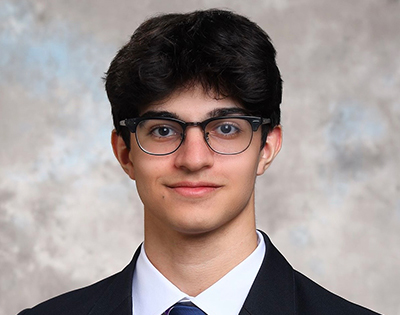
Dogra started a personal investing club in high school, where he established a philanthropic investment fund. They donated half of the investments to various student-led social initiatives, including gifting some to the school’s custodial staff.
If you could tackle one global problem, what would it be?
“Wealth inequality. Life is inherently unpredictable and uncontrollable—we are all born into different financial situations, facing diverse concerns and varying qualities of life. This randomness means millions are born into conditions of extreme poverty, leaving them with limited access to basic needs such as food, clean water, healthcare, and education. I believe everyone deserves a fair chance at a livable quality of life regardless of birth circumstances.”
Jerry Du ’28

During high school, Du performed clarinet, which led him to play at the National Gallery of Art and the Kennedy Center in Washington, D.C. He also ran track, taught English to grade-schoolers in China, and worked as a web development intern for the nonprofit Seaside Sustainability, while finding time to start his own T-shirt company, Du the Right Thing.
What drew you to Babson?
“At first, I didn’t know if Babson’s business-oriented curriculum would be the right fit for me. I knew I wanted to do business, but I didn’t know if I wanted to solely do business. But then one day, Victor Fan (an assistant director of undergraduate admission at Babson) stopped by my school, and I wanted to know more. From that conversation, I saw how much Babson values its community and especially its students.”
Kimberly Joachim ’28
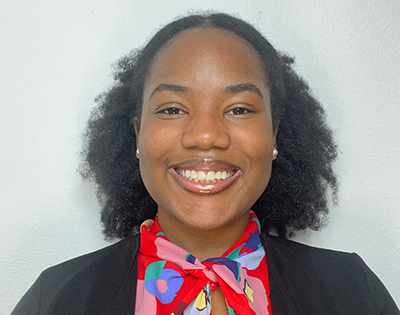
When Joachim thinks about her career, she thinks about creating opportunities. It partially stems from her upbringing as the daughter of Haitian immigrants. With a passion for fashion and community service, she hopes to use her degree to provide a spotlight for others. She also wants to address the dwindling options for third spaces in our digital world, especially for young people.
Of Arthur Blank’s six core leadership qualities, which one do you most identify with and why?
“Mostly because of my mom, it’s Give Back to Others. I know wherever I am, I will always have something that somebody else could probably benefit from because they don’t have it, or they just might need it more. I’m so grateful to be in the position that I’m in because I feel like so many resources have been poured into me, and I like to do the same for others.”
Mya Kelleher ’28
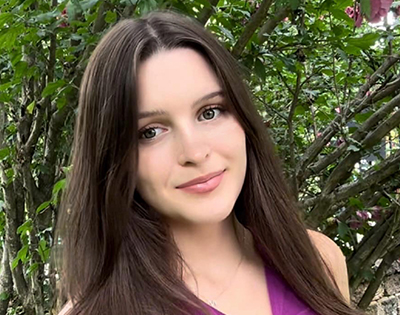
Kelleher hopes to propel her love of learning foreign languages, of which she is mostly self-taught, into her entrepreneurial career. As she navigates her first year at Babson, she’s excited to learn how to analyze what works in a business environment, what makes people want to learn a language, and how those two ideas can converge into a viable idea and product.
What do you hope to accomplish at Babson?
“Gaining the skills and knowledge necessary to turn my passions into a business. I want to have a solid foundation and meet the right people. One of the greatest things about Babson is that we are like-minded people. We have similar desires and motivations. It will be great to have that community and that environment that will motivate me and allow me to have a real impact in business and the world.”
Amy Pan ’28

As Pan studied and researched at her STEM-focused high school, she learned she loves to connect with others. She also was influenced by her time on the teen advisory board of her local library in Bowling Green, Kentucky. Through these experiences and others, Pan learned she loved collaborating and sharing ideas and hopes to use that to make education more equitable.
What are your career goals?
“I love numbers, so I want to do something accounting- and financial-based in my future. While I was doing research, I had these amazing mentors, and they let me have my own research class on campus, and I realized I love talking to and working with people and teaching. That solidified that I want to do something not only involved with other people but lets me talk, collaborate, and take charge.”
Edwin Wang ’28
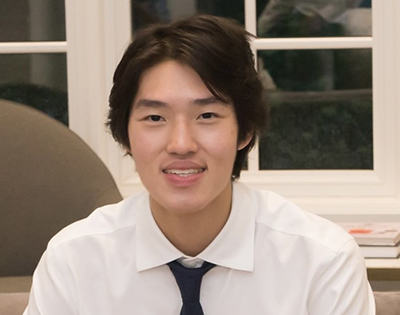
Wang’s interests sit in the center of technology and entrepreneurship. It’s these two passions that led him to start two companies in high school. One company focuses on helping visually impaired people develop independence through machine learning. The other company focuses on increasing transparency in the food delivery industry.
How do you view challenges?
“I view challenges as opportunities to improve. Every challenge presents a chance to learn, grow, and innovate. Instead of shying away from difficulties, I embrace them as they push me to think creatively and develop resilience. Challenges fuel my motivation and drive, leading to breakthroughs and success.”
Posted in Community
